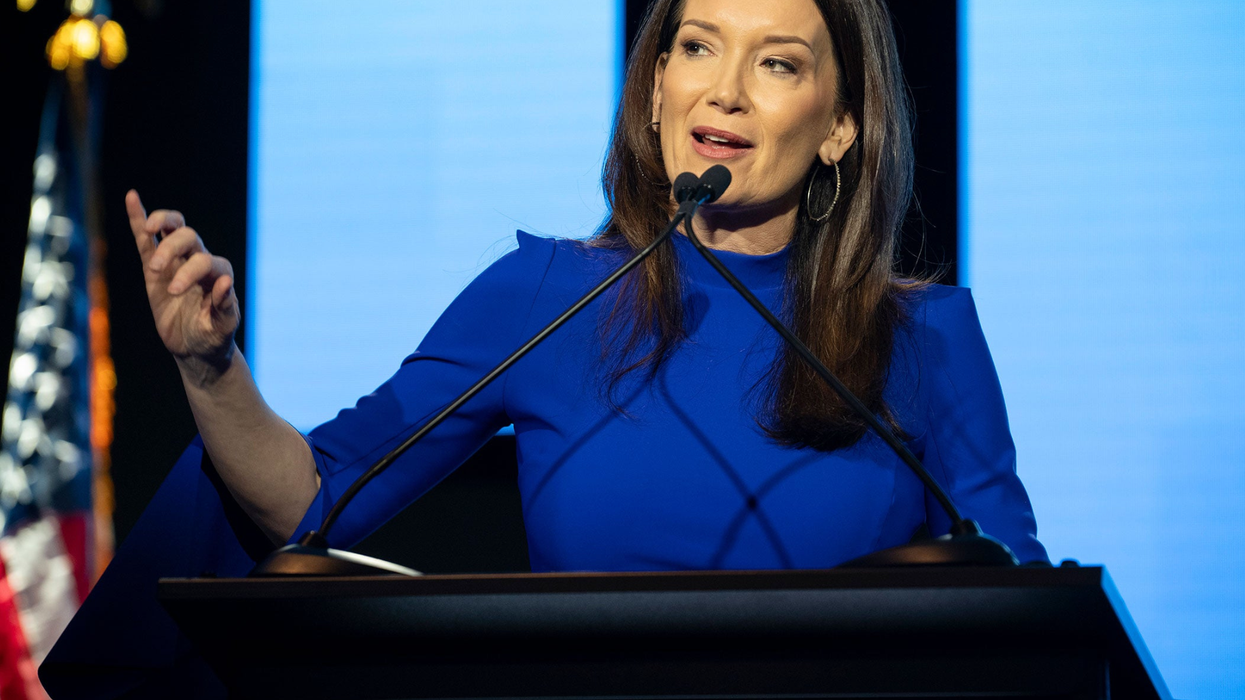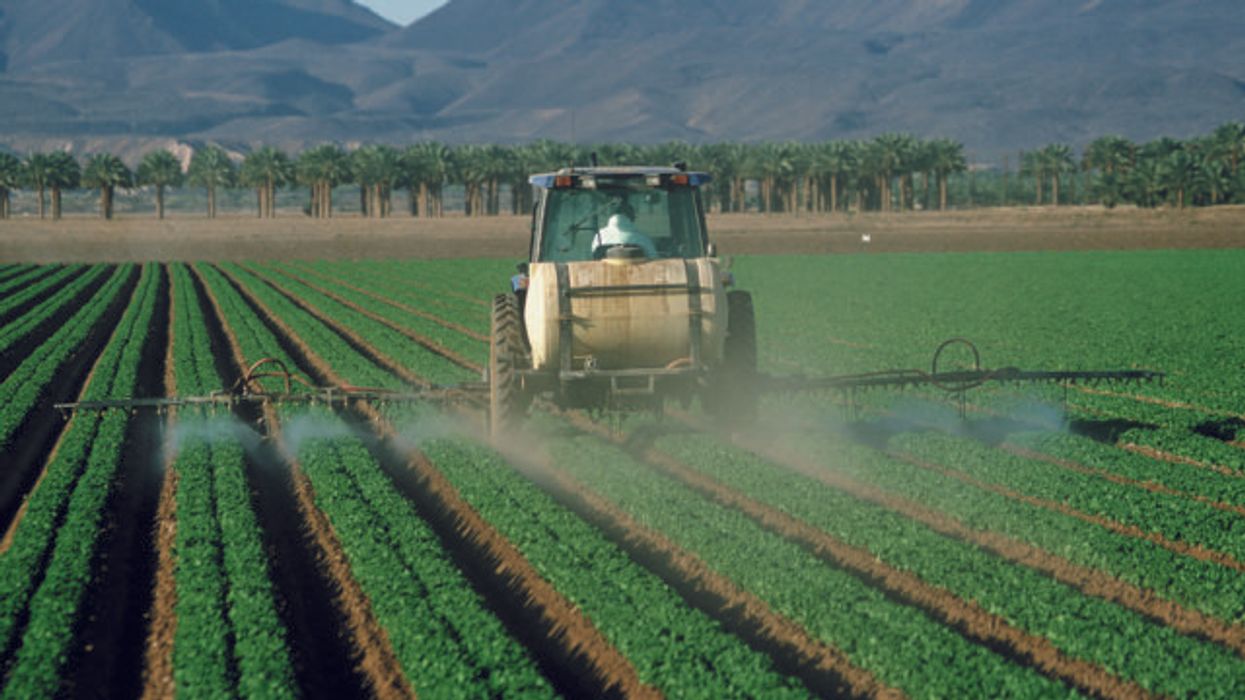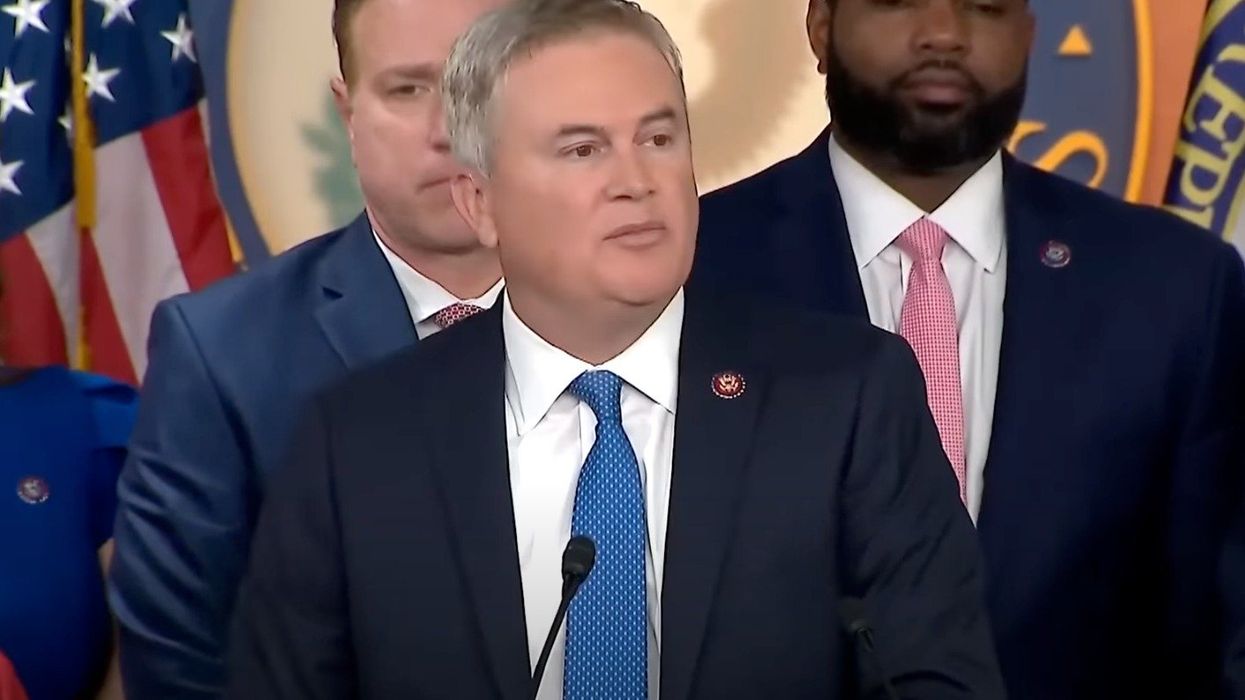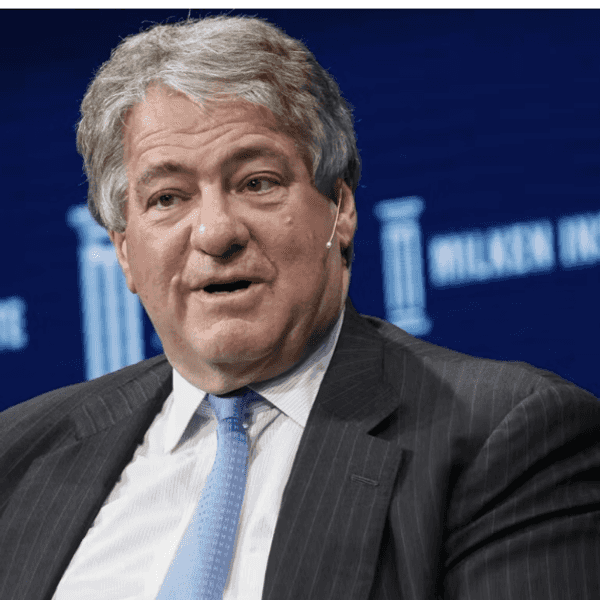Agriculture Secretary: If You Get Medicaid, Go Pick Crops!
Americans fear that they will lose their Medicaid coverage thanks to the massive cuts Republicans made to the program when passing President Donald Trump's "One Big, Beautiful Bill." Luckily, the Trump administration came up with a new and novel way for people to earn their health insurance coverage back.
Agriculture Secretary Brooke Rollins said that Americans can work the fields to replace the thousands of immigrant farmworkers the Trump administration is deporting—leaving farms desperate for labor.
"We move the workforce toward automation and 100% American participation, which again with 34 million people, able-bodied on Medicaid, we should be able to do fairly quickly," Rollins said Tuesday at a news conference at the Department of Agriculture.
Of course, millions of people who will lose their Medicaid coverage are working, and thus don't need jobs in fields picking crops. According to the Kaiser Family Foundation, 92% of Medicaid recipients work. The other 8% are either “retired, unable to find work, or were not working for another reason,” KFF said. Hard to see how retirees could do the hard labor of harvesting crops in hot fields.
What's more, there are not enough jobless Americans to fill the thousands of back-breaking jobs farmers are losing thanks to Trump's cruel immigration raids.
“The data for the last five months indicate a serious fall in the number of immigrant workers,” labor economist Mark Regets, a senior fellow at the National Foundation for American Policy, told Forbes of the data from recent job reports. “Despite growth in the unadjusted numbers, the U.S.-born labor force participation rate and the overall seasonally adjusted labor force total suggest that the loss of immigrant labor is not bringing more U.S.-born workers into the labor force.”
In fact, farmers have been sounding alarm bells, saying that the immigration raids are leading workers to not show up, which is putting crops at risk of rotting in the fields—something that will hurt both farmers and American consumers, who could see price hikes due to food shortages.
And ultimately, Americans simply do not want the farm jobs Rollins suggests they should get if they want Medicaid coverage.
For decades, farmers have said that Americans are not interested in the difficult jobs picking crops, which has led them to rely on immigrant labor. Even Trump knows that, as he at first said he would stop immigration raids at farms and businesses that rely on immigrant workers—before reversing that position and allowing raids on farms to resume.
At the end of the day, this is just more cruelty from Republicans and the Trump administration—who think all poor people are lazy and undeserving of help.
Reprinted with permission from Daily Kos.












